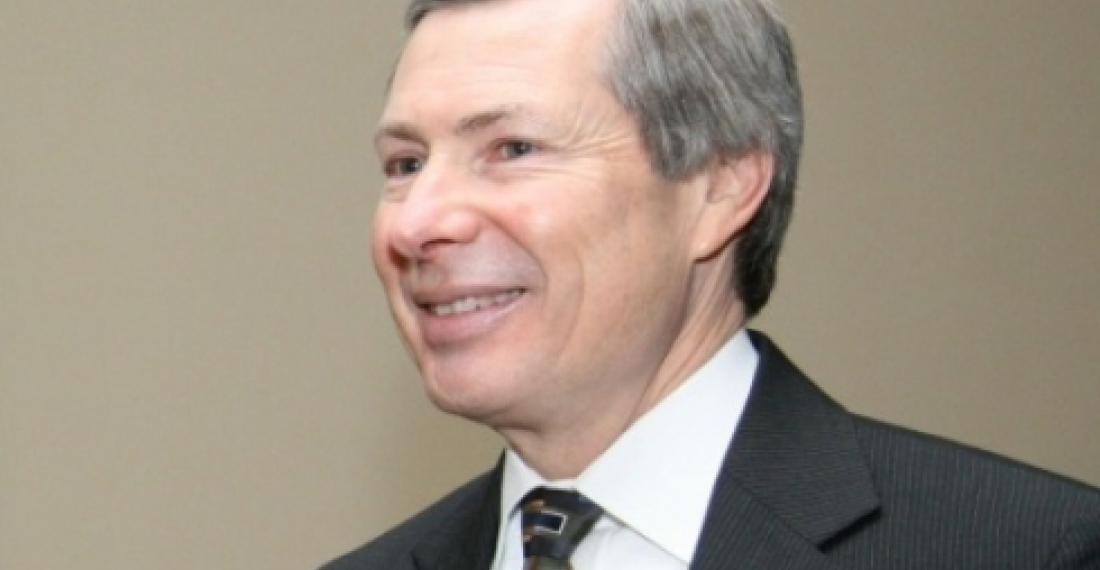The American co-Chair of the OSCE Minsk Process, Ambassador James Warlick, has arrived in Yerevan where later today he is expected to have meetings with the Armenian leadership.
The visit comes amid increased efforts to re-energise the talks between Armenia and Azerbaijan to find a solution to the Nagorno-Karabakh problem. A proposal by the Swiss Government, who this year hold the Chairmanship of the OSCE - the Organisation for Security and Co-operation in Europe - invites the sides in the conflict to engage in more intensive negotiations and in a more formal framework. Few details are as yet available but there is increased frustration in international quarters at the failure of the ad hoc negotiations that have been taking place for the last two decades. Recent incidents on the line of contact seperating the conflict sides resulted in dozens of casulaties and introduced a note of urgency to the situation.
In August the Presidents of Armenia and Azerbaijan met in Sochi under the auspices of Russian President Vladimir Putin. Less than a month later they met again in Wales at the invitation of US Secretary of State, John Kerry. Although during these meetings no substantive negotiations have taken place, the situation on the line of contact has been much calmer as a result.
source: commonspace.eu
photo: Ambassador James Warlick.







